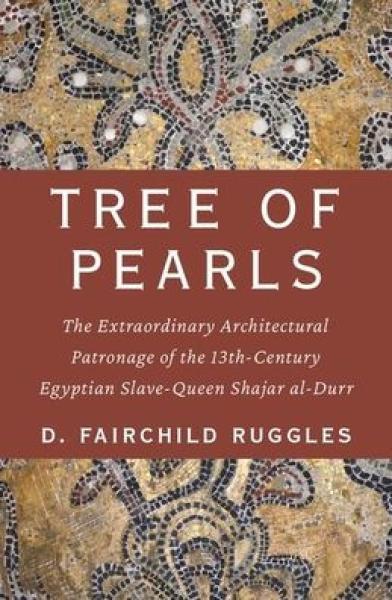Description
Despite the fact that Shajar al-Durr's story ends tragically with her assassination and hasty burial, her deeds in her lifetime offer a stark alternative to the continued belief that women in the medieval period were unseen, anonymous, and inconsequential in a world that belonged to men. This biography--the first ever in English--will place the rise and fall of the sultan-queen in the wider context of the cultural and architectural development of Cairo, the city that still holds one of the largest and most important collections of Islamic monuments in the world. D. Fairchild Ruggles also situates the queen's extraordinary architectural patronage in relation to other women of her own time, such as Aleppo's Ayyubid regent. Tree of Pearls concludes with a lively discussion of what we can know about the material impact of women of both high and lesser social rank in this period, and why their impact matters in the writing of history.
"By the time I finished reading the chapters on Shajar al-Durr's patronage of two tomb complexes and the concept of Matronage, I had an enriched understanding of the impact of this specific woman's actions, particularly in light of the political, military, religious and cultural world in which she lived (and died)." -- Jere L. Bacharach, University of Washington
"D. Fairchild Ruggles brings a different and refreshing sensibility to bear in this very interesting and rewarding book. Her exceptional scholarship and engaging style bring to life the most vivid character among the powerful women of the medieval Islamic world." -- Stephen Humphreys, University of California, Santa Barbara
Product Details
- Oxford University Press, Brand
- May 19, 2020 Pub Date:
- 0190873205 ISBN-10:
- 9780190873202 ISBN-13:
- 204 Pages
- 9.3 in * 6.3 in * 0.7 in Dimensions:
- 1 lb Weight:




